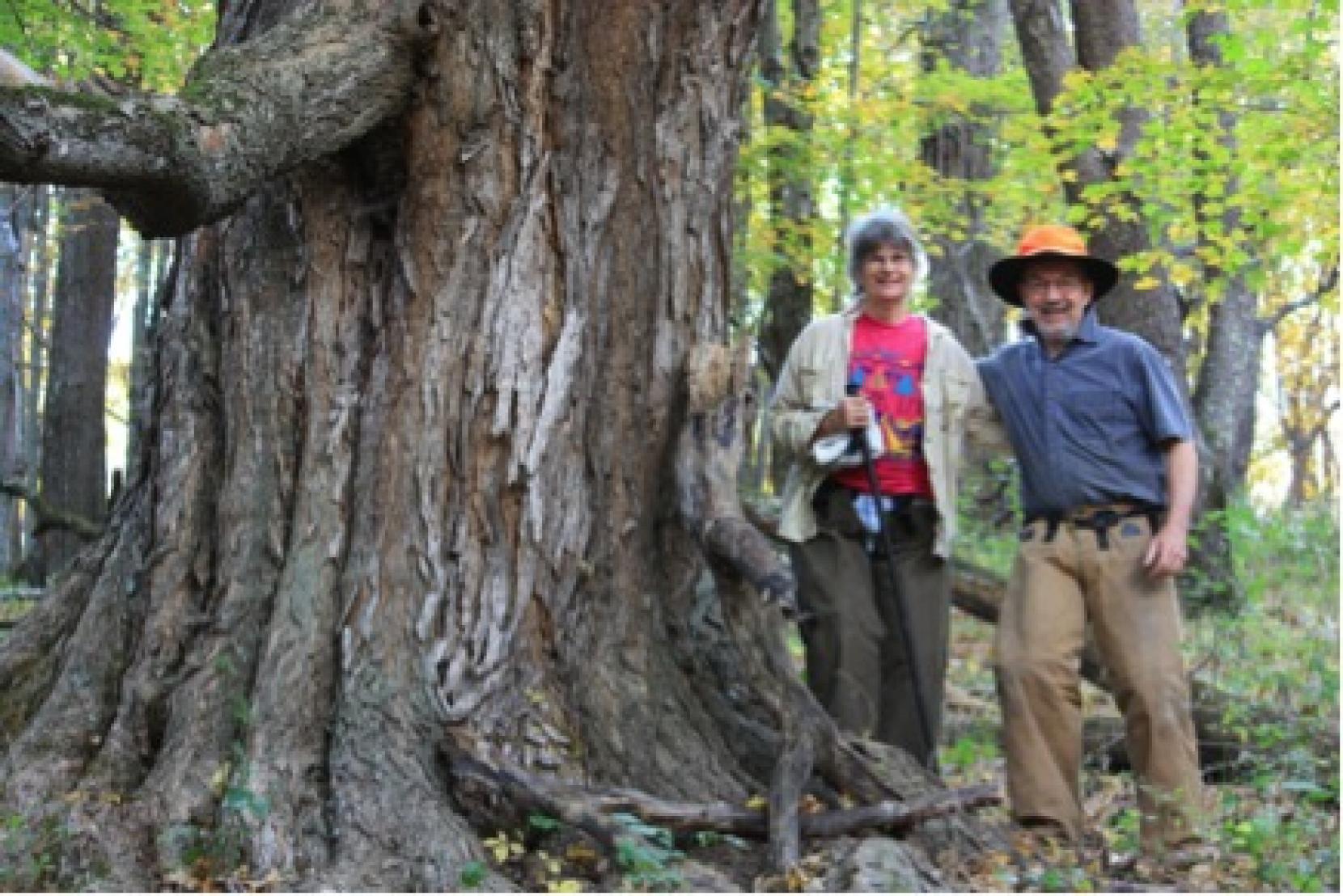SELC, Appalachian Mountain Advocates ask court to halt pipeline construction
Today SELC and Appalachian Mountain Advocates, on behalf of their clients, asked the Fourth Circuit Court of Appeals in Richmond to halt construction of the Atlantic Coast Pipeline until the court decides whether the Federal Energy Regulatory Commission’s permit is valid.
“We know this pipeline is unneeded by customers along its path. If construction is allowed to go forward and the court later decides this permit is invalid, it will be impossible to undo the damage to mountain ridges, mature forests, and sensitive rivers and streams,” said Senior Attorney Greg Buppert. “The damage will be done.”
SELC recently filed a petition to challenge FERC’s decision to permit the Atlantic Coast Pipeline with the Fourth Circuit Court of Appeals on behalf of the Cowpasture River Preservation Association, Friends of Buckingham, Highlanders for Responsible Development, Shenandoah Valley Battlefields Foundation, Shenandoah Valley Network, Virginia Wilderness Committee, and Winyah Rivers Foundation.
The challenge to the permit is based on the lack of evidence demonstrating the pipeline is needed in Virginia or North Carolina, as well as data and analysis showing the region already has sufficient pipeline capacity to meet future needs.
This filing comes as the cost of the pipeline has ballooned to $6.5 billion and when there are growing questions about Dominion’s plans for the natural gas as it eyes South Carolina for a possible expansion of the pipeline.

William Limpert and his wife stand next to one of several old growth maples on their Bath County, Virginia property. This tree is slated to be cut down during construction of the Atlantic Coast Pipeline.
The 600-mile long pipeline, originally proposed to start in West Virginia and cut through Virginia and end in North Carolina, has drawn immense opposition from citizens in all three states. In many cases the pipeline will cut through the land of citizens who are not even served by Duke or Dominion, like those living in Virginia’s Buckingham County.
“The ACP pipeline route disproportionately threatens African American, rural Appalachian, and Native American communities with toxic air emissions and pipeline leaks that could pose grave health and safety risks,” said Friends of Buckingham’s Lakshmi Fjord. “Our communities are paying this heavy price and yet none of us will benefit from any of this fracked gas.”
The construction of this pipeline will mean hundreds of rivers and streams in West Virginia, Virginia, and North Carolina will be blasted and bulldozed, as well as numerous mountain ridges. William Limpert is a property owner in the path of the Atlantic Coast Pipeline in Virginia and one of several property owners who submitted legal documents in support of SELC’s filling. In his declaration, Limpert said:
Construction of the Atlantic Coast Pipeline will destroy 8 acres of mature forest on my property – including trees that are hundreds of years old – blast and flatten a steep mountain ridge, and permanently ruin the views and unspoiled tranquility of this special place. The pipeline will be built up the center of a steep ridge the runs up to the crest of Jack Mountain. We refer to this ridge as ‘Miracle Ridge’ because of the spiritual feeling you get walking under the big trees there. Dominion will blast and flatten Miracle Ridge, dropping the ridgeline by as much as 20 or 30 feet to create the workspace for pipeline construction.
Today the U.S. Forest Service and FERC gave pipeline developers the right to begin cutting down trees in the George Washington National Forest. If the court grants SELC’s request to stay the project, developers will be required to stop all work, including tree cutting, in George Washington National Forest and other federal properties.
